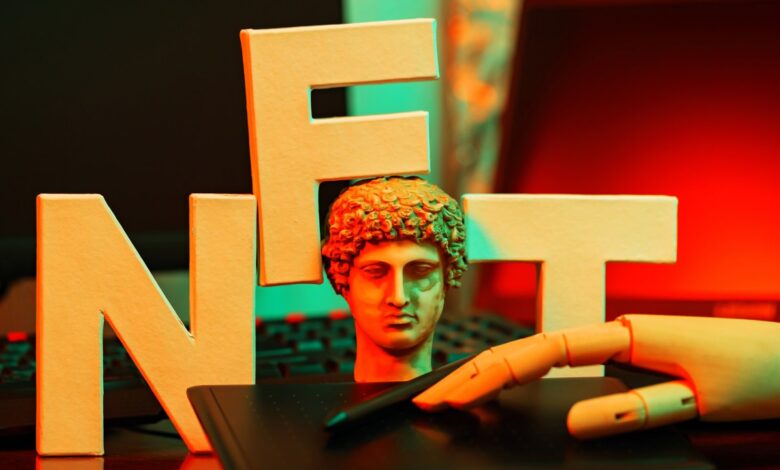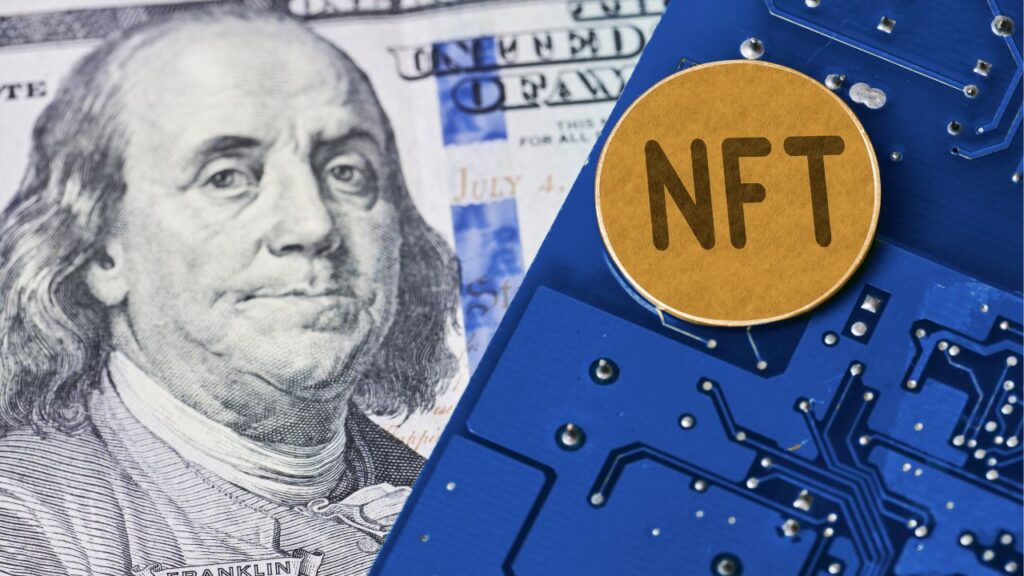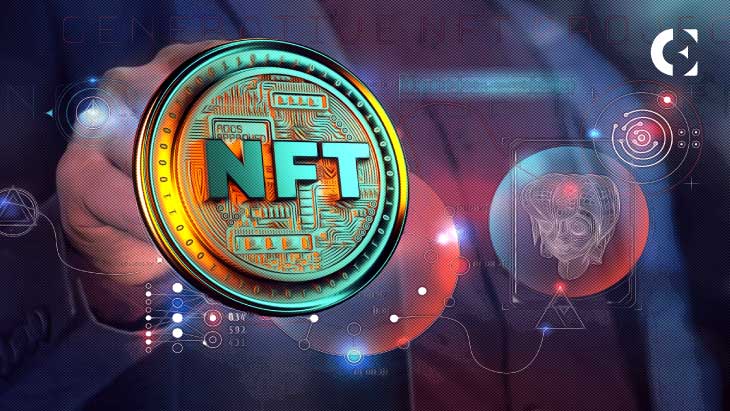What are the fundamental differences between NFTs and cryptocurrencies?

NFTs and cryptocurrencies are both attractive investments with their benefits and drawbacks. For example, websites like nft-profit.me offer trading features like artificial intelligence, trading bots, market analysis, live customer and much more for bitcoin traders.
However, because of the fundamental difference in what they do with blockchain technology, some things investors need to consider before making either type of investment.
An NFT is always linked to an item. Cryptocurrencies, on the other hand, use blockchain technology to digitally signify currency, which means that a cryptocurrency is the same as any other currency- people can use it for payment.
What do NFTs offer?
NFTs offer an immutable record of ownership and provenance that provides an irrefutable link back to the object being traded online. In other words, NFTs create a new way of proving ownership. However, they do not allow you to spend or move your tokens.
The ability to sell your NFT is based on the market and reputability of the company creating the specific NFT on their blockchain technology.

One use of NFTs is proving ownership and provenance on digital art sold online by people. Since digital art can be reproduced infinitely, having a record of the original digital file will allow artists to prove their works are authentic so buyers can prevent being deceived.
It gives artists a way to cash in on their work without being defrauded by counterfeiters and buyers an increased opportunity to avoid being scammed. NFTs can also be used to represent titles to land or property in a way that is secure, immutable and easily verifiable by anyone who wants to see proof of ownership.
NFTs are unique:
Many NFTs are limited in number, allowing their value to increase over time as fewer and fewer are produced. These tokens can be bought and sold on the blockchain network on which they were created.
NFTs can be traded:
Collectors of digital art, for example, may be interested in buying NFTs that represent a specific work of art but don’t have a lot of money to purchase it outright.

The art sellers could then sell the digital art by issuing an NFT representing the work of art, allowing the buyer to go online and verify the piece’s identity. They would also be able to prove which specific token the NFT represents.
NFTs are limited in use:
A finite number of NFTs can be issued, making them appealing to collectors and keeping their value high. Sometimes, you cannot make copies of an NFT once it has been issued. If a large number is produced, the value could decrease over time as more people collect them.
If this happens, the market for that NFT may become less competitive, and the price may go down. It does not mean that all NFTs will experience this devaluation, but it is something to consider when investing in them.
How a crypto token works:
Using the blockchain to create a token is a new and innovative way of managing value. All cryptocurrencies are just tokens, and all tokens are a form of cryptocurrency.

However, instead of being issued by an official entity and backed by physical assets, they are created by users who use their computers and processing power to power mathematically‑based algorithms that allow the coins to be created.
The most popular method for creating these coins is a ‘mining’ process requiring people to use their computers with full processing power. This form of mining uses algorithms to win coins, and the person will receive these coins as a reward.
The significant difference between NFTs and cryptocurrencies:
Those who invest in NFTs believe their value will increase over time because there will be fewerissuesd than in the future, so more collectors will want to buy the tokens. It involves a degree of speculation and not just economic analysis, although economic analysis is essential.

NFTs can be traded on a secondary market with a market price that changes based on the laws of supply and demand.
Disadvantages:
NFTs depend entirely on the reputation of the company that created them, so you rely solely on that company to act ethically and honestly. If they do not, an NFT could lose value without warning. Therefore, the company’s reputation will be critical in determining how widely accepted and valuable an NFT is.
Another thing to remember is that NFTs can only be sold when sellers sign them over to buyers. It means there is no readily accessible way to move these tokens from one person to another after they have been issued. But on the other hand, it creates a way for the industry to put their digital art in a secure form so people can back it up with reliable proof of ownership.




![10 Best Unity Tutorials for Game Developers [2023 MAR]](https://apkfuel.com/journal/wp-content/uploads/2023/03/Untitled-design-12-1-220x150.png)



